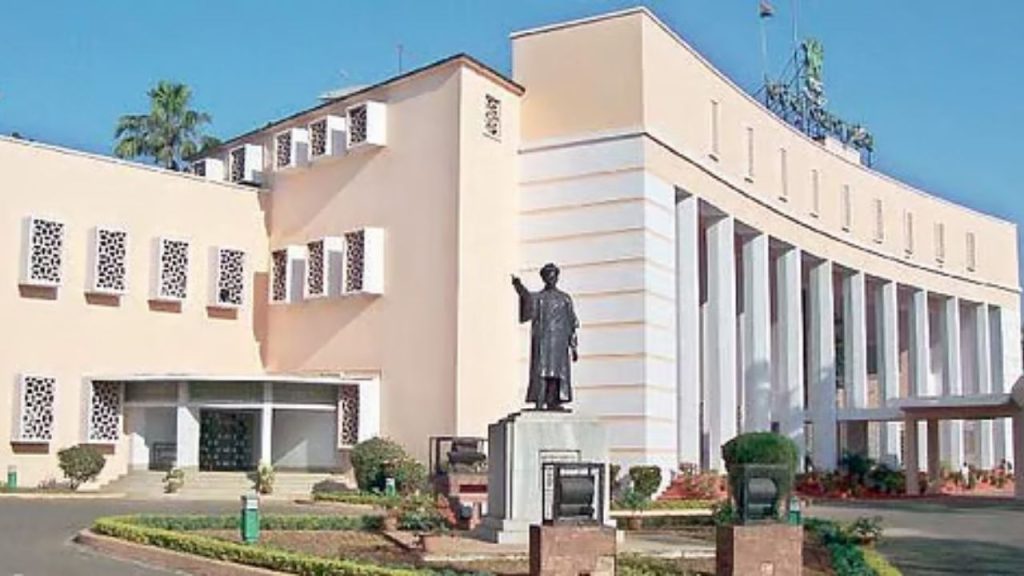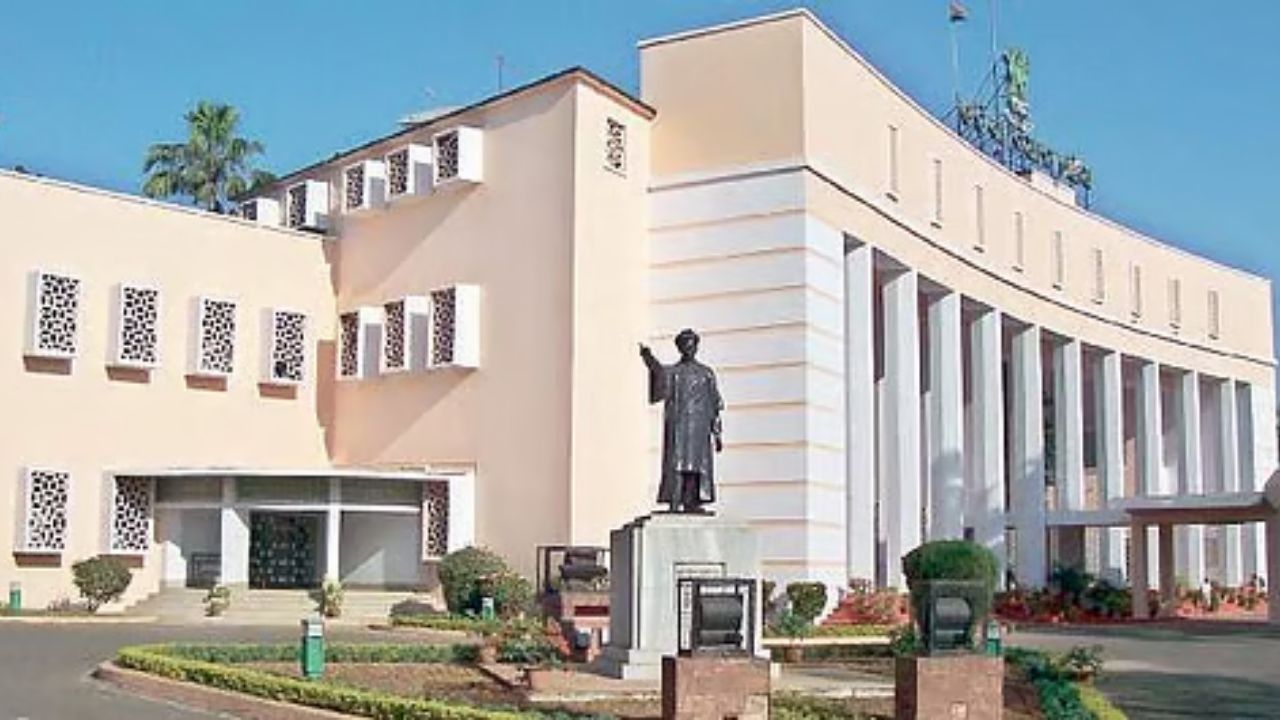The Odisha state government is facing intense criticism from opposition parties and transparency advocates after a decision to exclude dozens of state-run universities, public corporations, and boards from the purview of the Comptroller and Auditor General (CAG) of India. This move, which impacts the oversight of significant public funds, has ignited a debate over financial accountability and the integrity of state governance.

The government, led by Chief Minister Naveen Patnaik and his Biju Janata Dal (BJD) party, argues the change is an administrative reform designed to streamline a slow and cumbersome audit process. However, critics contend that bypassing the nation’s supreme audit institution weakens a critical constitutional check on government spending and could potentially obscure financial irregularities.
The Heart of the Controversy: Redefining Audit Oversight
At the center of the issue is the state government’s use of the Odisha Local Fund Audit Act of 2020. Based on this legislation, the finance department issued a notification removing 36 state universities, 27 public sector undertakings (PSUs), and 13 statutory boards from the list of entities mandatorily audited by the CAG.
Instead of being scrutinized by the independent, constitutional body, these entities will now be audited by the state’s Directorate of Local Fund Audit or may hire private chartered accountants.
The government’s stated rationale focuses on efficiency. “The CAG audits often face inordinate delays, which can stall the finalization of accounts for years,” a senior official in the Odisha Finance Department, who requested anonymity as they were not authorized to speak to the media, told reporters. “This new system allows for timely audits, which is essential for the efficient functioning of these bodies.”
However, this justification has failed to quell the growing chorus of concern. The CAG is not merely a financial auditor; its mandate includes performance and compliance audits, which assess whether government programs are achieving their objectives efficiently and in accordance with the law.
A Challenge to Financial Accountability, Critics Say
Opposition leaders have sharply criticized the decision, framing it as a deliberate attempt to reduce state government transparency. Pradipta Kumar Naik, a senior leader of the Bharatiya Janata Party (BJP) in Odisha, called the move “a clear attempt to hide corruption and financial mismanagement.”
“The CAG is an impartial and powerful constitutional body that reports directly to the legislature and the public,” Naik said in a statement. “Replacing its comprehensive oversight with internal or private audits is like asking students to grade their own exams. It fundamentally undermines financial accountability.”
Experts in public finance echo these concerns. The CAG’s authority is derived directly from the Constitution of India, specifically Articles 148 through 151. Its reports are submitted to the President or the Governor, who then lay them before Parliament or the state legislature. These reports form the basis for scrutiny by legislative bodies like the Public Accounts Committee (PAC).
“A private audit firm’s primary responsibility is to its client—the entity that hires it. The CAG’s sole responsibility is to the public and the constitution,” explained Dr. N.C. Saxena, a former member of the Planning Commission of India, in an interview. “The scope and depth of a CAG audit are far more extensive. It examines the wisdom, faithfulness, and economy of expenditure, which is a level of scrutiny a private auditor is not mandated to perform.”
Legal and Constitutional Implications
The legal foundation for the Odisha CAG audit change rests on the state’s own legislation. However, questions have been raised about whether a state-level law can curtail the jurisdiction of a constitutional authority like the CAG.
Under the Comptroller and Auditor General’s (Duties, Powers and Conditions of Service) Act of 1971, a national law, the CAG is empowered to audit any body or authority substantially financed by government grants or loans. Many of the universities and PSUs now removed from its purview receive significant funding from the state exchequer.
Legal experts are divided on the matter. Some argue that since the state government is entrusting the audit to another state body (the Local Fund Audit), it is operating within its legislative domain. Others contend that this move violates the spirit, if not the letter, of the constitutional framework designed to ensure independent oversight of all significant government-funded operations.
“This will likely be challenged in the courts,” said a senior advocate at the Orissa High Court. “The core question is whether a state can unilaterally decide that the country’s highest audit institution is no longer needed for entities that run on thousands of crores of public funds.”
Protests Escalate at Berhampur University: Gopalpur Police Station Gheraoed by Students
New Satellite City to Boost Bhubaneswar: Odisha Govt Identifies Land for Development
Odisha Tribal Farmer’s Daughter Secures Government MBBS Seat: Her Inspiring Journey
What’s Next for Odisha’s Finances?
The long-term impact of this decision remains to be seen. Supporters believe it will lead to more agile and up-to-date financial reporting for the entities involved. They maintain that internal checks and the state’s own audit directorate are sufficient to ensure propriety.
However, the precedent it sets is a point of national concern. If other states follow Odisha’s lead, it could systematically weaken one of India’s most important anti-corruption and accountability mechanisms. For now, the Odisha government shows no signs of reversing its decision, while opposition parties have vowed to continue raising the issue in the state assembly and with the central government.
The debate in Odisha has thus become a crucial test case for the balance of power between state autonomy and national standards of financial accountability. As the state moves forward with its new audit regime, citizens and watchdog groups will be watching closely to see if transparency is enhanced or eroded.





